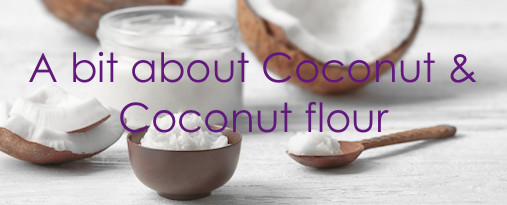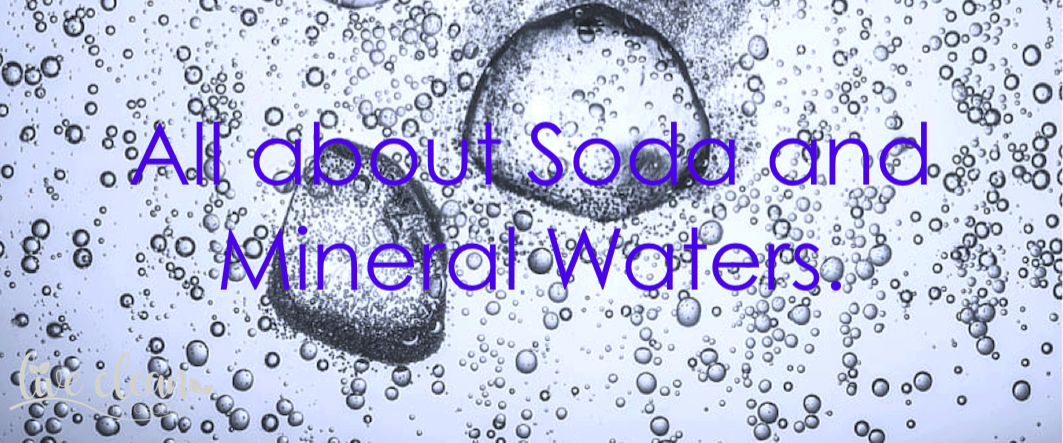Today’s post is about Yoga and it’s many health benefits.
I started attending Yoga classes just once a week, several years ago. Unfortunately, due to my work commitments, I stopped attending after 2 years.
Though I only attended for a short period of time, I found that yoga helped with several things.
I learnt to breath better, the relaxation exercises helped my sleep and the yoga poses helped my joint mobility. You would think that with these benefits I would have been a committed ‘yogi’, practicing every day. However, like many of us, my life got busy and I practiced less and eventually not at all.
Earlier this year I read an article in the paper about yoga and it reignited my interest. I downloaded a yoga app. and try to complete a session a couple of times a week.
A bit about yoga.
The purpose of yoga is to build strength, awareness and harmony in both the mind and body.
There are 8 major styles of yoga. They range from physically demanding to easy, relaxing and meditative. With each style a bit different from the others, you’ll find many variations on these depending on the teacher.
A yoga session, or workout, typically includes breathing exercises, meditation, and assuming postures (sometimes called asana or poses) that stretch and flex various muscle groups.
The health benefits
The relaxation techniques incorporated in yoga can lessen chronic pain, such as lower back pain, arthritis, headaches and carpal tunnel syndrome.
There have been many scientific studies conducted regarding the health benefits of yoga. These have shown that the practice of yoga does improve overall health.
The most well known benefits are –
- Lowering blood pressure and heart rate
- Improved coordination
- Reduce stress
- Improved concentration
- Better sleep
- Improved respiratory function
- Develops relaxation techniques
- Improved digestion
- Balancing metabolism
- Increased muscle strength and tone
- Flexibility and balance
- Improved joint mobility
Lesser know benefits
More recent studies have found other positive effects from regular practice of yoga.
These include –
- A positive effect on learning rate
- Improved sensory awareness
- Increased pain tolerance and decreased anxiety and distress associated with pain.
- Plays a role in weight loss and management
- Promotes healthy eating habits
- Reduces risk of type 2 diabetes by reducing the contributing factors associated with the condition
- Decreased secretion of cortisol
Yoga has also been found to help with many neurological disorders, as strokes, epilepsy, Parkinson’s disease, dementia and Alzheimer’s. It can also assist with other mental health issues such as anxiety, depression and eating disorders.
Yoga is also often utilised as part of therapy programs for people recovering from serious health conditions or major trauma events.
It seems that just 15 minutes of yoga practice a day can start changing your brain chemistry and improving your mood. At the same time improving our overall health.
Until next time,
Live clean n prosper



